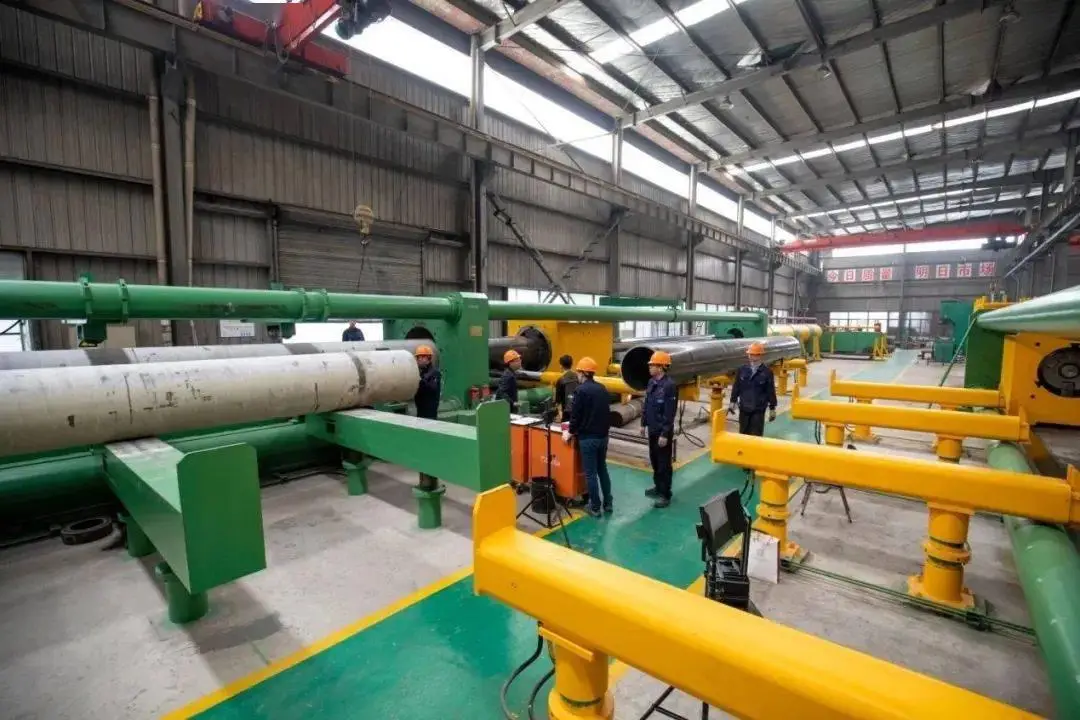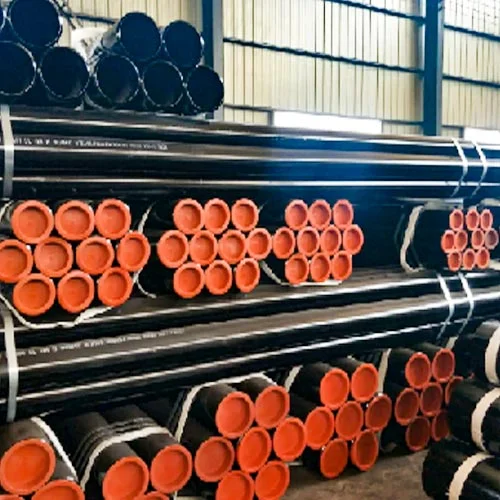Welcome to My Blog!
Before we dive into the content, I’d love for you to join me on my social media platforms where I share more insights, engage with the community, and post updates. Here’s how you can connect with me:
Facebook:https://www.facebook.com/profile.php?id=61559060896490
Now, let’s get started on our journey together. I hope you find the content here insightful, engaging, and valuable.
Table of Contents
Introduction

Selecting the appropriate steel metal pipe is a critical decision that significantly impacts the success and longevity of your construction or manufacturing project. With a vast array of steel pipe options available, it can be overwhelming to determine the most suitable choice. This comprehensive guide will delve into the key factors to consider when choosing steel metal pipes, empowering you to make informed decisions that align with your project’s specific requirements.
Understanding Steel Metal Pipes: A Brief Overview
Steel metal pipes are hollow cylindrical structures constructed from steel, a versatile alloy of iron and carbon. They are widely used in various industries due to their exceptional strength, durability, and versatility. Steel pipes come in a multitude of shapes, sizes, and grades, each designed to meet specific applications. The choice of steel pipe depends on factors such as the intended use, pressure requirements, temperature conditions, environmental exposure, and budgetary constraints.
Key Factors to Consider When Selecting Steel Metal Pipes
Material Grade
The material grade of a steel pipe is a crucial factor that determines its mechanical properties, corrosion resistance, and overall performance.
- Carbon Steel: This is the most common type of steel pipe, offering a good balance of strength, ductility, and cost-effectiveness. It is suitable for a wide range of applications, including general construction, plumbing, and low-pressure piping systems.
- Alloy Steel: Alloy steels contain additional elements such as chromium, nickel, molybdenum, and vanadium, which enhance their properties. These steels offer superior strength, toughness, and corrosion resistance compared to carbon steel. They are commonly used in high-pressure, high-temperature, and corrosive environments, such as the oil and gas industry, power plants, and chemical processing facilities.
- Stainless Steel: Stainless steel is a highly corrosion-resistant alloy that is widely used in various industries. It is particularly suitable for applications involving exposure to harsh environments, such as seawater, chemicals, and high-temperature gases. Stainless steel pipes are commonly used in food processing, pharmaceutical manufacturing, and marine applications.
Pipe Schedule
The pipe schedule refers to the wall thickness of the pipe, which is directly related to its strength and pressure-carrying capacity. A higher schedule number indicates a thicker wall, providing greater strength and suitability for high-pressure applications.
- Standard Wall: This is the most common pipe schedule, offering a balance of strength and cost-effectiveness. It is suitable for a wide range of general-purpose applications.
- Extra-Strong: Extra-strong pipes have thicker walls than standard pipes, making them suitable for higher pressure applications, such as high-pressure hydraulic systems and gas pipelines.
- Double Extra-Strong: Double extra-strong pipes have the thickest walls of all pipe schedules, making them ideal for extremely high-pressure applications, such as deep-sea oil and gas pipelines.
Pipe Size
Pipe size is typically measured in nominal pipe size (NPS), which refers to the approximate inside diameter of the pipe. However, it is important to note that the actual outside diameter of a pipe may vary depending on the pipe schedule and material grade.
The selection of the appropriate pipe size is crucial for ensuring adequate flow capacity, pressure handling, and structural integrity. It is essential to consider factors such as the fluid flow rate, pressure drop, and the specific requirements of the application.
Pipe End Finish
The pipe end finish refers to the condition of the pipe’s end, which can impact its compatibility with fittings and the ease of installation. Common pipe end finishes include:
- Plain End: Plain end pipes have a flat, unprocessed end. They require additional preparation, such as threading or beveling, before being joined to fittings.
- Beveled End: Beveled end pipes have a tapered end, which is ideal for welding.
- Threaded End: Threaded end pipes have external threads, allowing them to be connected to threaded fittings using couplings or unions.
Common Applications of Steel Metal Pipes
Steel metal pipes are used in a wide range of applications across various industries. Some of the most common applications include:
- Construction: Structural support, piping systems, and scaffolding.
- Oil and Gas: Pipelines for transporting oil, gas, and other fluids.
- Water and Wastewater: Piping systems for municipal and industrial water supply and wastewater treatment.
- Manufacturing: Conveying materials, hydraulic systems, and structural support.
- Power Generation: Piping systems for steam, water, and fuel.
- Chemical Processing: Piping systems for transporting chemicals and corrosive fluids.
Comparison of Different Steel Pipe Grades
| Grade | Composition | Characteristics | Applications |
|---|---|---|---|
| Carbon Steel | Iron, carbon | Good strength, ductility, cost-effective | General construction, plumbing, low-pressure piping |
| Alloy Steel | Iron, carbon, alloying elements | Enhanced strength, toughness, corrosion resistance | High-pressure, high-temperature, corrosive environments |
| Stainless Steel | Iron, chromium, nickel | Excellent corrosion resistance, high temperature strength | Food processing, pharmaceutical manufacturing, marine applications |
Factors Affecting the Cost of Steel Metal Pipes

Several factors can influence the cost of steel metal pipes, including:
- Material Grade: Higher-grade steels, such as alloy steels and stainless steels, are generally more expensive than carbon steel.
- Pipe Schedule: Thicker-walled pipes are more costly due to the increased amount of material required.
- Pipe Size: Larger diameter pipes typically have higher costs.
- Quantity: Purchasing in bulk can often lead to discounts.
- Market Conditions: Fluctuations in steel prices can impact the cost of steel pipes.
Conclusion
Selecting the right steel metal pipe for your project involves careful consideration of various factors, including material grade, pipe schedule, size, end finish, and intended application. By understanding the key characteristics of different pipe types and their suitability for specific applications, you can make informed decisions that ensure the long-term performance, reliability, and cost-effectiveness of your project.
FAQ
What is the difference between carbon steel and stainless steel pipes?
Carbon steel pipes are more affordable and suitable for general-purpose applications. Stainless steel pipes are more expensive but offer superior corrosion resistance, making them ideal for harsh environments.
How do I determine the appropriate pipe schedule for my application?
The pipe schedule depends on the pressure and temperature requirements of your application. Consult relevant industry standards and engineering guidelines to determine the appropriate schedule.
What are the common pipe fittings used with steel pipes?
Common pipe fittings include elbows, tees, couplings, flanges, and valves. The choice of fitting depends on factors such as the pipe size, pressure rating, and the specific application.
How can I calculate the weight of a steel pipe?
The weight of a steel pipe can be calculated using the pipe’s dimensions, material density, and wall thickness. There are online calculators and engineering software available to assist with these calculations.
Where can I find a supplier of steel metal pipes?
Steel metal pipes can be purchased from various suppliers, including local hardware stores, industrial supply companies, and online retailers. It is recommended to consult with a knowledgeable supplier to ensure you select the right pipe for your specific needs.




